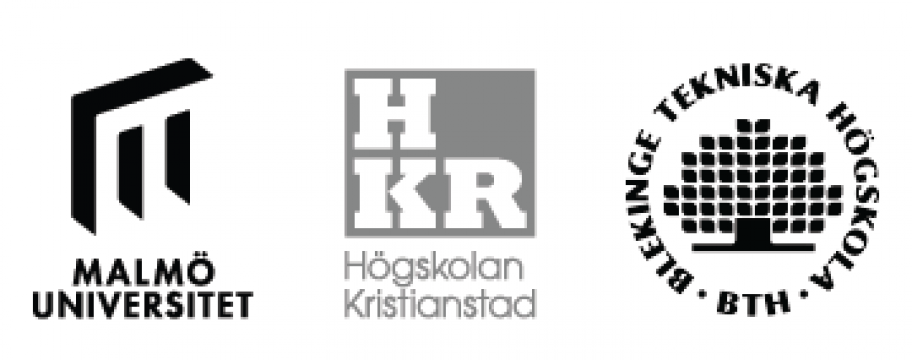- Presentatör: Marie Leijon
- Språk: Svenska
- Rumsvärd: Anne-Charlotte Ek
- Typ av session: Presentation, 30 min
- Lärosäte: Malmö universitet
Abstract
This presentation focus on a theoretical model on how to support teachers to develop a “didactic spatial competence” (DiSCo) (Leijon, Malvebo & Tieva, forthcoming). A Didactic Spatial Competence (DiSCo) can be used to frame the complex relation between learning spaces and teaching. In one way, in HE the future is now when it comes to how rapidly the learning environments change. Active learning classrooms (ALC), Innovative learning environments (ILE) and Flexible learning spaces are just some examples, add hybrid and virtual spaces and end up with a wide range of learning spaces a teacher has to be competent and confident to teach in (Leijon & Lundgren, 2019). In another way, many institutions still are dominated by more traditional spaces. In this moment of liminality teachers can find themselves standing on a threshold between their existing knowledge on how to use a space for teaching and learning and a new, maybe different, way (Turner, 1969). The question is how to support teachers in this educational development? Results from a newly conducted study (Leijon et al, 2019) shows that a transformed physical learning space both inspires pedagogical change, but also throws teachers out in an unknown territory where teachers are trying navigate to find their place. Teachers become aware of how affordances in a space frames the teaching, however, teachers need time, support and collaboration to develop their teaching and the teacher role. We suggest that Didactic Spatial Competence (DisCo) can be used as a way to support this kind of educational development. A teacher on his or her way to DiSCo would organize a content, learning activities and critical reflect over the spatial setting in order to support students learning. A teacher on the way to DiSCo has developed a competence and agency to act, re-act and interact in the learning space; and can critical reflect on all aspects. We will invite the participants to critically discuss the model.

